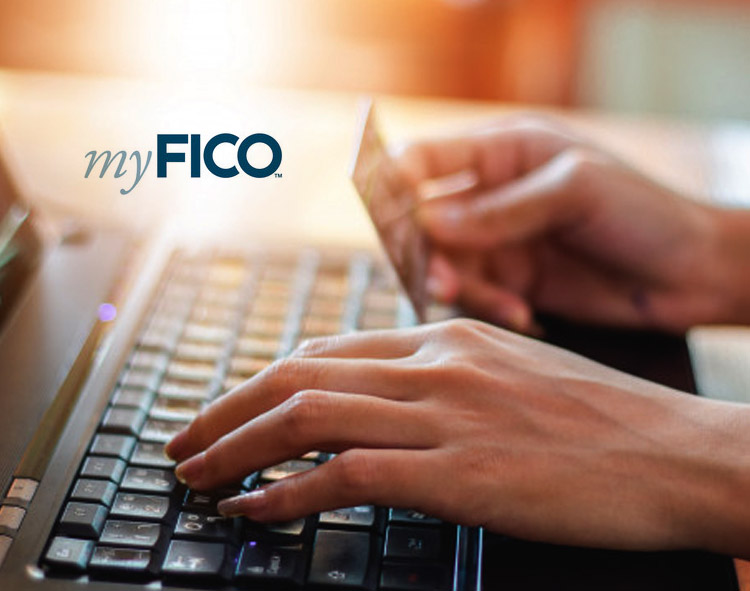As the financial impacts of the coronavirus pandemic begin to be felt by more Americans, a lot of people are starting to worry about how they’ll pay their bills on time. myFICO offers up 6 questions everybody should consider when deferring loan payments.
For more loan and credit education, visit myFICO’s blog at https://www.myfico.com/credit-education/blog
If you happen to be in this situation, the best course of action is to contact your lenders as soon as possible (preferably before missing any payments) to explain your situation and seek assistance. The good news is that most lenders have programs in place to help their impacted customers. You may have heard or read about loan forbearance, deferred payment plan, suspended payment, grace period and similar programs.
Read More: Fintech Europe Selects Ten Startups for its Fifth Batch
But what do these terms mean and how do they work?
With loan forbearance, the lender permits the borrower to pay either a reduced payment or no payment for a temporary short-term period. With a deferred payment plan, the lender temporarily suspends your payments for a period of time. Neither of these are intended to be “freebies” – you’ll likely be expected to pay the amounts owed after the forbearance or deferred payment plan ends. One key difference is with deferred payment plans interest does not accrue for subsidized federal loans (student loans as the most common example). Interest likely accrues with other loan types in a deferred payment plan and with forbearance.
Each lender also determines how any associated fees, interest accrual and grace periods (a grace period is a set length of time after the due date during which payment may be made without penalty) will be treated. At the end of the temporary program, you will be expected to pay back the postponed payments. There are several payment approaches, such as via a lump sum in full by a certain date or the lender may extend the end of the loan term by “x” months or they may require larger monthly payments over a short time period to pay off the overdue amount.
Read More: Jack Henry & Associates Launches Core-Integrated Accounts Receivable Financing
